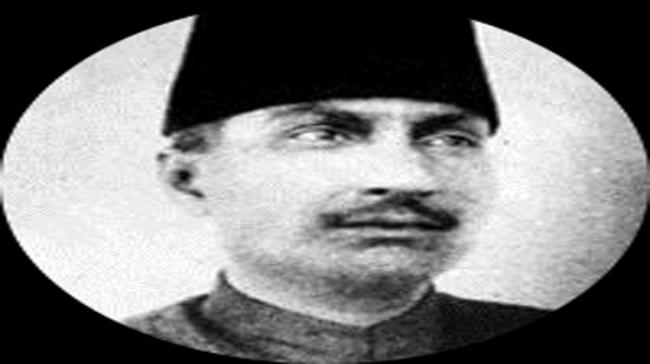Urdu Couplet Of The Day -19

door sayyaad, chaman paas, qafas se baahar
haaye woh taaqat-e-parwaaz ke bazu meiN nahiN
‘Fani’ Badayuni (1879-1941)
The hunter is far away, the garden close by and (I am) outside the cage
Alas! I do not have the strength to fly (taaqat-e-parwaaz).
The shair articulates the poet’s helplessness and despair through the use of traditional figurative poetic devices. The metaphors and figurative expressions used by the great Fani Badayuni—sayyaad (hunter/bird catcher), chaman (garden), qafas (cage) and parwaaz (flight) are native to the Persian and Urdu tradition.
Also Read:Urdu Couplet of the Day - 18
For instance, Sayeed Shaheedi, a well-known poet in Hyderabad’s literary circles expresses a similar thought in this shair where the poet laments the loss of strength of flight when the nest/shelter (nasheman) lay in front of him:
saath us jagah choDa tu ne taaqat-e-parwaaz
saamne nasheman hai, uDke jaa nahiN sakte
Shaukat Ali Khan, ‘Fani’ Badayuni is ranked by literary historians among the four great pillars of twentieth century Urdu Ghazal, along with Asghar Gondvi, Hasrat Mohaani and Jigar Moradabadi . Fani is often cited as a must read among the masters for his compactness and precision of expression. His poetry is marked by a deep sense of despair and existential angst.
A lawyer by profession, Fani tried his hand at legal practice, without success. It is said that the poet did not pursue the profession with the diligence it demanded.
At the invitation of Sir Kishen Pershad, Fani moved to Hyderabad in the early 1930s and was a member of Prince Moazzam Jah’s court and inner circle. He hoped to find a position befitting his eminence as a poet in Hyderabad, but met with disappointment and is said to have felt let down by Moazzam Jah. Finally, he was appointed headmaster of Dar-ul-Shifa High School. Fani died a broken man in 1941, after the death of his wife and daughter. He lies buried in Hyderabad.
Sidq Jaesi, describes Fani’s stay and struggles in Hyderabad in his account of Moazzam Jah’s Court, “darbaar-e-durbar” (dur in Persian is a precious stone; the title therefore, suggests a Court studded with gems).





